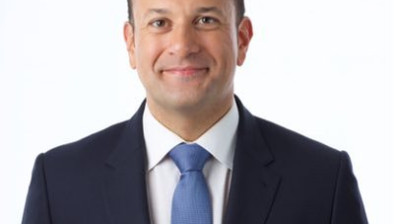Facebook could be forced to undo $400m merger with Giphy
 Facebook could be forced to sell off Giphy, one of the largest online platforms for animated GIFs, following concerns raised by the UK’s Competition and Markets Authority (CMA).
Facebook could be forced to sell off Giphy, one of the largest online platforms for animated GIFs, following concerns raised by the UK’s Competition and Markets Authority (CMA).
The CMA has provisionally found Facebook’s $400 million merger with Giphy will harm competition between social media platforms and remove a potential challenger in the display advertising market.
Millions of people use GIFs in social media posts and reduction in the choice or quality of these GIFs could significantly affect how people use these sites and whether or not they switch to a different platform, the CMA said.
Most major social media sites that compete with Facebook use Giphy GIFs and there is only other GIF provider of comparable size, Google’s Tenor, leaving few alternatives for rival social media platforms.
The CMA provisionally found that Facebook’s ownership of Giphy could lead it to either deny other platforms access to its GIFs or change the terms of access, for instance requiring Giphy customers such as TikTok, Twitter and Snapchat to provide more user data in order to access Giphy GIFs.
The regulator also noted that Giphy had begun offering innovative paid advertising in the US, which had the potential to compete with Facebook’s own display advertising services. This was also set to be brought to the UK.
However, Facebook terminated Giphy’s paid advertising partnerships following the deal, which the CMA said was particularly concerning given Facebook’s existing market power in display advertising.
As part of its assessment, the CMA found that Facebook had a share of around 50 per cent of the £5.5 billion display advertising market in the UK.
Stuart McIntosh, chair of the independent inquiry group carrying out the phase 2 investigation, said: “Millions of people share GIFs every day with friends, family and colleagues, and this number continues to grow.
“Giphy’s takeover could see Facebook withdrawing GIFs from competing platforms or requiring more user data in order to access them. It also removes a potential challenger to Facebook in the £5.5 billion display advertising market. None of this would be good news for customers.
“While our investigation has shown serious competition concerns, these are provisional. We will now consult on our findings before completing our review. Should we conclude that the merger is detrimental to the market and social media users, we will take the necessary actions to make sure people are protected.”








